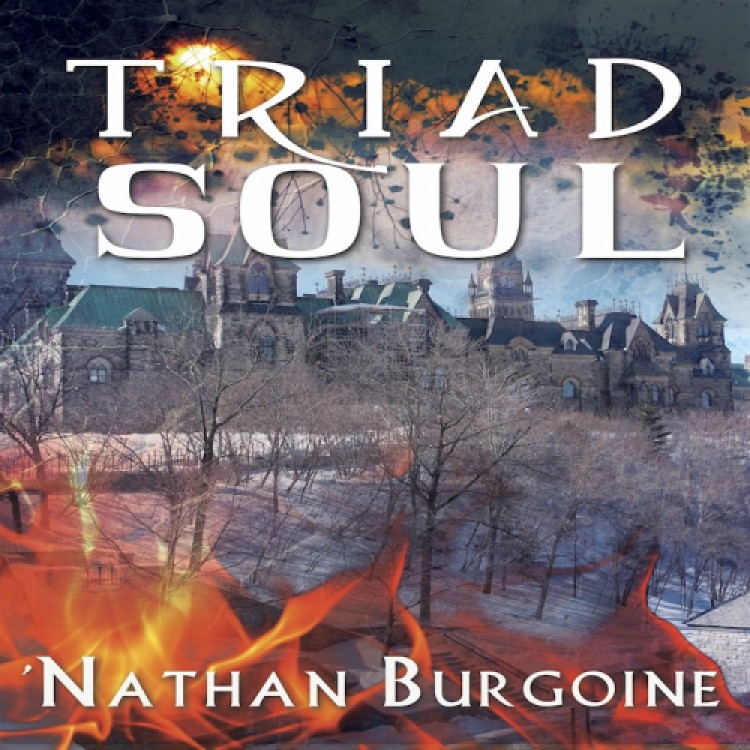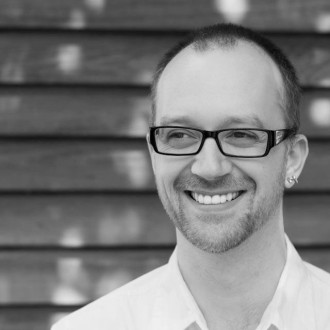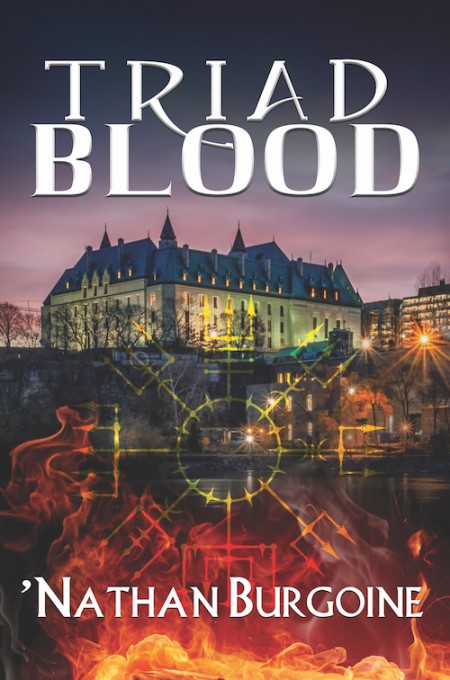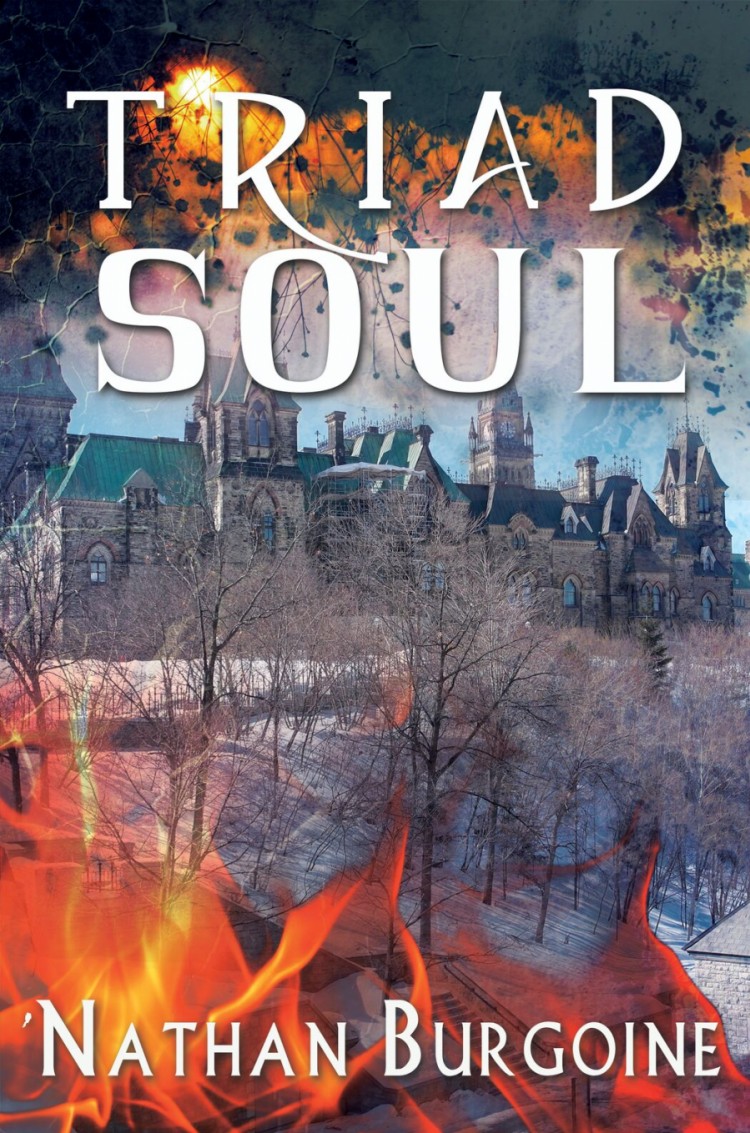’Nathan Burgoine blogs:
When I first started working at the bookstore, mumble-mumble years ago, the urban fantasy genre had really started to take off in the mainstream reading audience, and I was hooked. Our world, but with vampires, or werewolves, or magic, or… The ors seemed endless, and I was so there. The stories were ones I could connect to on an allegorical level, as so often the main characters had to hide their inner monster (or magic, or djinn, or vampire, or…) from their families, workplaces, and loved ones. They could only really be themselves around others of their kind, or others who weren’t of their kind, but were also supernatural and different.
Yeah, late-teen/early-twenties me ate that right up. It was right up there with the X-Men, “people born different in a world that hates and fears them.” Boom. As allegories go, the other feared by the so-called normal is pretty much queer 101.
I read voraciously. In part from being a bookseller and wanting to have things to recommend to customers, sure, but mostly because it was my only form of entertainment. The bookstore was the first time I had solid income. Post-disowning, the bookstore job meant I could finally have a (tiny) apartment of my own, and I could even start to save up to return to university classes on a part-time basis, if I was super-careful and didn’t bother with things like cable or owning a television. I’d go home to my bachelor pad, and read. There were times I was getting through two books every three days (I look back on that in amazement, as now I peak at reading about a book a week). The books I loved the most were always the ones with our world and a dash of something magic, or psychic, or other.
You can imagine my surprise to find a gay werewolf in one of those books. I’m not sure how many I’d read by then—cocky wizards, smart-ass manipulators of the weather, vampire hunters, shapeshifting mechanics—but to finally bump into an actual gay supernatural being in one of these books was huge!
And he was killed before the end of the book. Mostly so the heroine could feel bad about his loss and grow a backbone to stand up to a bully. Or something.
Thus ended my love affair with most mainstream urban fantasy. Because once I’d seen it, I couldn’t unsee it. I mean, I knew it was there. You can’t grow up queer when I grew up queer and not know how often we were doomed to be the victim in nearly every form of media. I knew Bury Your Gays was a thing. But it was the first time in a genre I really, really loved and had been a constant companion for some of the worst years of my life.
Luckily, that was also about the time I bumped into my first upbeat, funny, and witty gay book (a Rob Byrnes novel, by the way) and I put down my urban paranormal books and didn’t look back for years.
When I wrote my first novel, Light, it was in many ways a love-letter to my affair with all things X-Men. The superhero world is getting a bit more queer with each passing year, but when I was kid, it was all allegory.
But allegory isn’t enough. Metaphor can’t be all we get. Crumbs are just crumbs.
We exist. We get to exist in the futures of hard science fiction, on the dark streets of the thrillers, running from the undead in the horrors, falling in love throughout all the historical eras, and, yes, conjuring magic to save the populace from the dark forces they don’t even know exist.
We belong in all the genres, and the days of not seeing ourselves as the heroes are over.
If it’s our world but magic, then some of the magic has to be queer. If it’s our world but there are vampires, some of those vampires have to be queer. Or the demons, or the wizards, or…Well. You get the idea.
Those are the stories I wanted to read, so those are the stories I’m writing. Luc the vampire prefers men, Anders is unapologetically gay (and a lust demon), Curtis is a gay wizard very much out and proud, but with bigger problems to deal with, most centrally the mafia-like wizard Families. The triad banded together, creating a chosen family to face off against a world that’s not cool with a union crossing supernatural types, when normally vampires, demons, and wizards stick to forming groups with their own kind.
In Triad Blood they’re in over their heads. They’re in danger. They’re facing a kind of magic they’ve never seen. They’re trying to solve a murder. They’re juggling being a relationship that might be more than just a functional partnership based on mutual protection. They’re working with people they know they shouldn’t trust.
And through it all, they’re queer. As are others. The more I get to revisit the world of the triad, the more I get to introduce queer characters. Pansexual wizards, lesbian vampires…If I can, I’m going to introduce them all, for as long as people want me to tell these kinds of stories.
Triad Soul brings back my trio for their second novel (and sixth adventure). That might sound a bit odd, but I’m an unapologetic lover of short fiction, and the guys from Triad Blood and Triad Soul were born in one, “Three” (which originally appeared in Blood Sacraments: Gay Vampire Erotica, but is also available as a standalone e-short). The gang showed up for three more short stories after that, too (in Wings: Subversive Gay Angel Erotica, Erotica Exotica: Tales of Sex and Magic, and Raising Hell: Demonic Gay Erotica). So there you go: six adventures, but two novels.
Now, I know not everyone loves short fiction, so I worked very hard with my editor (hat-tip to Jerry L. Wheeler) to make sure any potential call-back references were clear and explained enough to let a reader in without having read the short stories. Pinky-swear. You can absolutely read Luc, Anders, and Curtis without them.
One thing you don’t have to do, though?
Settle for allegory.



